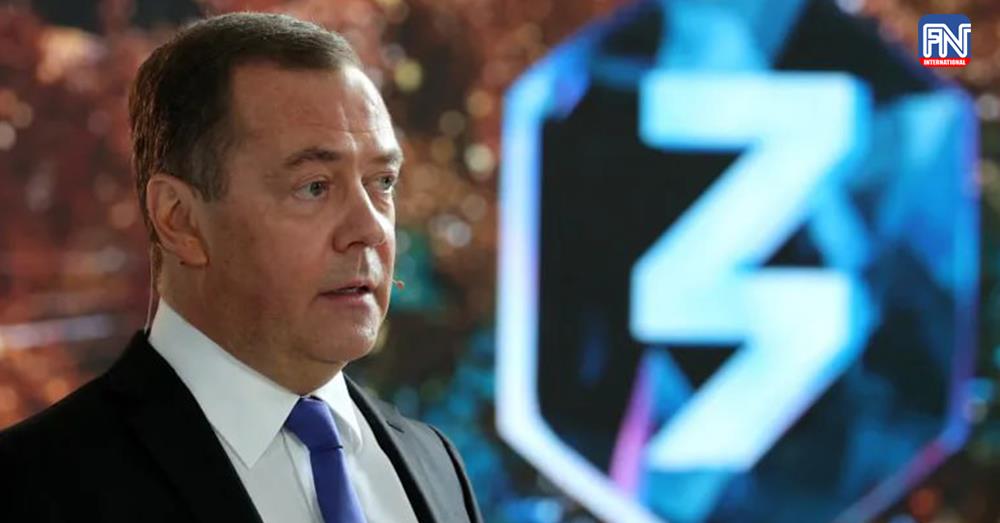MOSCOW, April 25 (Aljazeera) - Dmitry Medvedev, Russia’s former president and prime minister, has warned of a global conflict breaking out as nuclear tensions rise and concerns about climate change intensify.
“The world is sick and quite probably is on the verge of a new world war,” Medvedev, an ally of Russian President Vladimir Putin and the deputy chairman of Russia’s security council, told a conference in Moscow on Tuesday.
Medvedev was once seen as a Western-leaning reformer but has reinvented himself as a hawk since Russia invaded Ukraine last year. He makes a statement almost daily about the war or Russia’s perceived enemies.
This week, for example, he railed against the United Kingdom on the Telegram messaging app, calling the country “our eternal enemy” after it imposed new sanctions on Russians.
Since Russia’s war in Ukraine began in February last year, officials in Moscow have repeatedly warned that the world faces the most dangerous decade since World War II.
“We are standing at a historical frontier: Ahead is probably the most dangerous, unpredictable and, at the same time, important decade since the end of World War II,” Putin said at a conference in October.
The president casts the war he initiated as an existential battle with the West and has warned that Russia will use all available means to protect itself.
This year, he announced Russia would pull out of a nuclear treaty with the United States and said Russia would station tactical nuclear weapons in Belarus, which borders NATO countries and Ukraine.
Ukraine’s Western allies have condemned Russia’s actions in Ukraine.
At an annual NATO arms control conference in Washington, DC, last week, US Deputy Secretary of State Wendy Sherman said: “We have all watched and worried that Vladimir Putin would use what he considers a non-strategic tactical nuclear weapon or use some demonstration effect to escalate, but in a managed risk escalation. It is very critical to remain watchful of this.”
NATO Secretary General Jens Stoltenberg, who was also at the conference, said Putin’s plan to place tactical nuclear weapons in Belarus was part of a years-long pattern of “dangerous, irresponsible nuclear rhetoric” that intensified with “the brutalisation of Ukraine”.
Kyiv has dismissed Russia’s nuclear threats as tactics aimed at intimidating the West.
